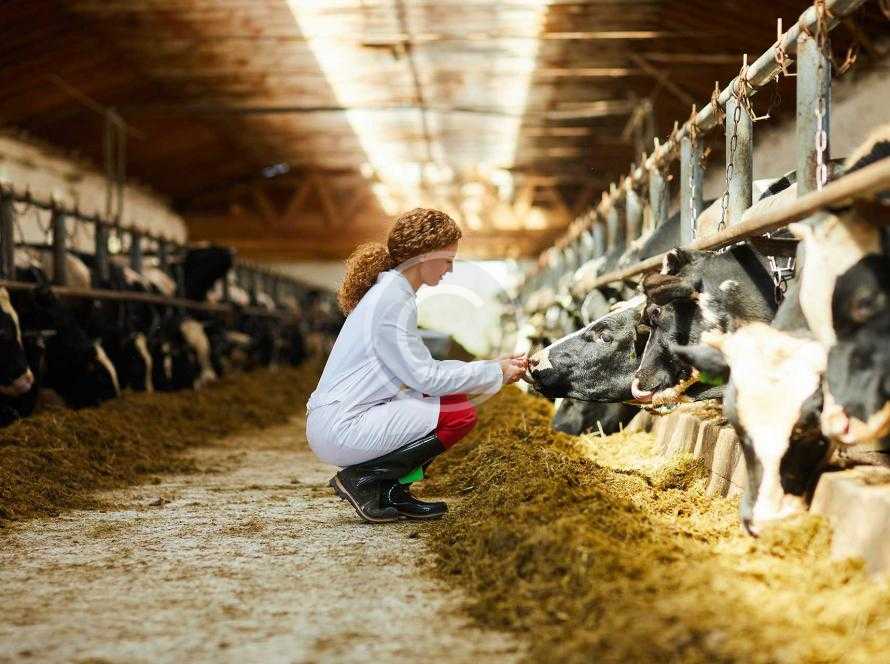Introduction:
In the dynamic realm of agriculture, the importance of weather monitoring cannot be overstated. As climate patterns become increasingly unpredictable, farmers face a myriad of challenges that can impact crop yields, livestock health, and overall agricultural productivity. In this article, we delve into the pivotal role of weather monitoring in farm production and explore how it empowers farmers to make informed decisions, mitigate risks, and optimize their operations for sustainable success.
Precision Agriculture:
Weather monitoring serves as the backbone of precision agriculture, a modern farming approach that leverages technology to optimize crop yields and minimize waste. By utilizing weather data, farmers can make precise decisions regarding irrigation, fertilization, and pest control. This targeted approach not only conserves resources but also enhances overall efficiency, leading to higher-quality yields.
Risk Mitigation:
Farmers are constantly at the mercy of the elements, facing threats such as droughts, floods, frost, and storms. Weather monitoring provides invaluable insights into upcoming weather events, allowing farmers to implement proactive measures to protect their crops and livestock. Early detection of adverse conditions enables farmers to deploy strategies such as installing protective coverings, adjusting planting schedules, or moving livestock to safer locations, thereby minimizing potential losses.


Crop Planning and Management:
Successful farming requires meticulous planning and management, and weather monitoring plays a pivotal role in these processes. By analyzing historical weather patterns and current forecasts, farmers can make informed decisions about crop selection, planting times, and harvesting schedules. Understanding the nuances of the weather enables farmers to align their agricultural activities with optimal conditions, maximizing the potential for a bountiful harvest.
Resource Optimization:
Efficient resource management is fundamental to sustainable agriculture. Weather monitoring helps farmers optimize the use of water, fertilizers, and pesticides. By aligning irrigation schedules with weather patterns, farmers can avoid overwatering during periods of high humidity or rainfall, preventing waterlogged soil and reducing the risk of crop diseases. Similarly, tailored fertilizer application based on weather conditions ensures that nutrients are utilized effectively, minimizing environmental impact.
Livestock Health and Well-being:
Livestock farming is equally susceptible to the impacts of weather conditions. Extreme temperatures, humidity, and sudden weather changes can stress animals, leading to health issues and reduced productivity. Weather monitoring aids farmers in implementing measures to safeguard the well-being of livestock, such as providing adequate shelter, adjusting feeding schedules, and ensuring proper ventilation in barns.

Conclusion:
In an era where climate change is a reality, the integration of weather monitoring in farm production is not just a luxury but a necessity. The ability to harness accurate and timely weather data empowers farmers to navigate the challenges posed by a volatile climate, ultimately leading to more resilient and sustainable agricultural practices. As we move forward, the fusion of technology and agriculture will continue to redefine the landscape, with weather monitoring playing a central role in securing the future of global food production.




